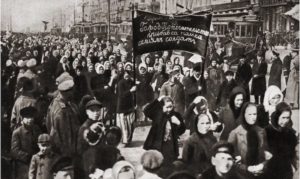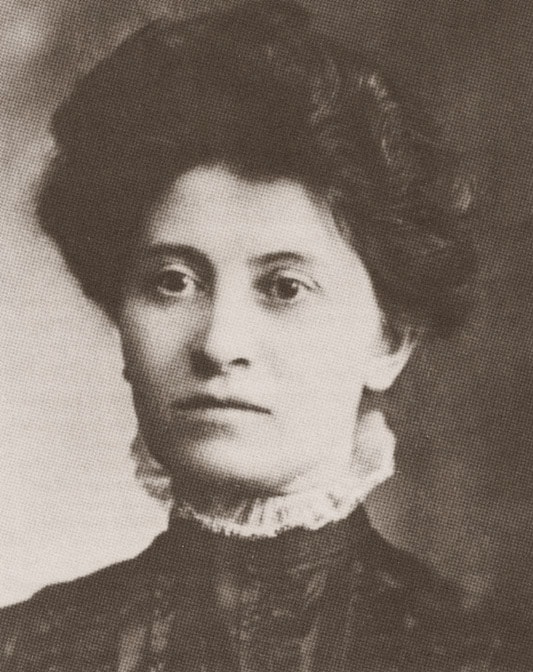Today, March 8, marks International Women’s Day 2022. Locally in Southern Oregon, the Women’s Leadership Conference will host, “Unstoppable: Building Women Up,” a luncheon to focus on the importance of networks and mentorships for women. In this era of Zoom, hundreds of events can be attended online.
According to an article published today in the Washington Post, “The forgotten woman behind International Women’s Day,” the origins of the Women’s Day in the United States began with the work of Theresa Malkie, a Russian-born Jewish immigrant, born in what is now Ukraine. She worked for better working conditions and voting rights for women in the United States in the early 1900s.
“Theresa Serber Malkiel was born in 1874 in the Russian Empire, in an area now in western Ukraine. She came from a middle-class family and received a good education, but her Jewish family was increasingly persecuted and emigrated to the United States in 1891, when she was 17.”
The story of Theresa Malkiel unfolds as one of relentless work for justice, despite her displacement and hardships, and resulted in the first National Women’s Day event in 1909. Later in the Washington post article, author Gillian Brockell reports:
“According to Rutgers University historian Temma Kaplan, events were held across New York, where thousands gathered to hear speeches and poems, sing socialist anthems and push for the right to vote.”

The annual Women’s Day event continued to gain steam across borders over the coming years. By 1917, the March 8 date became the Internationally recognized date, stemming from the “Bread and Peace” protests that gained popular support leading to a general strike, that arguably was the pressure needed to oust then Czar of Russia, Nicholas II.
Brockell’s article continues,
“The event had continued to grow among leftist women in Europe, though the exact date moved around each year. Then, in 1917, International Women’s Day events in Russia snowballed into a general strike that ended with Czar Nicholas II’s abdication. Since then, it has been commemorated on the day the strike began, March 8 (or Feb. 23 on czarist Russia’s Julian calendar). It was a national holiday in the Soviet Union and in East Germany. In China, women are still given a half-day off work.”
Throughout the past century, the day has been recognized and gatherings have ensued that have pressed for justice, supported women in individual pursuits, and raised up the voices of women around the world.


